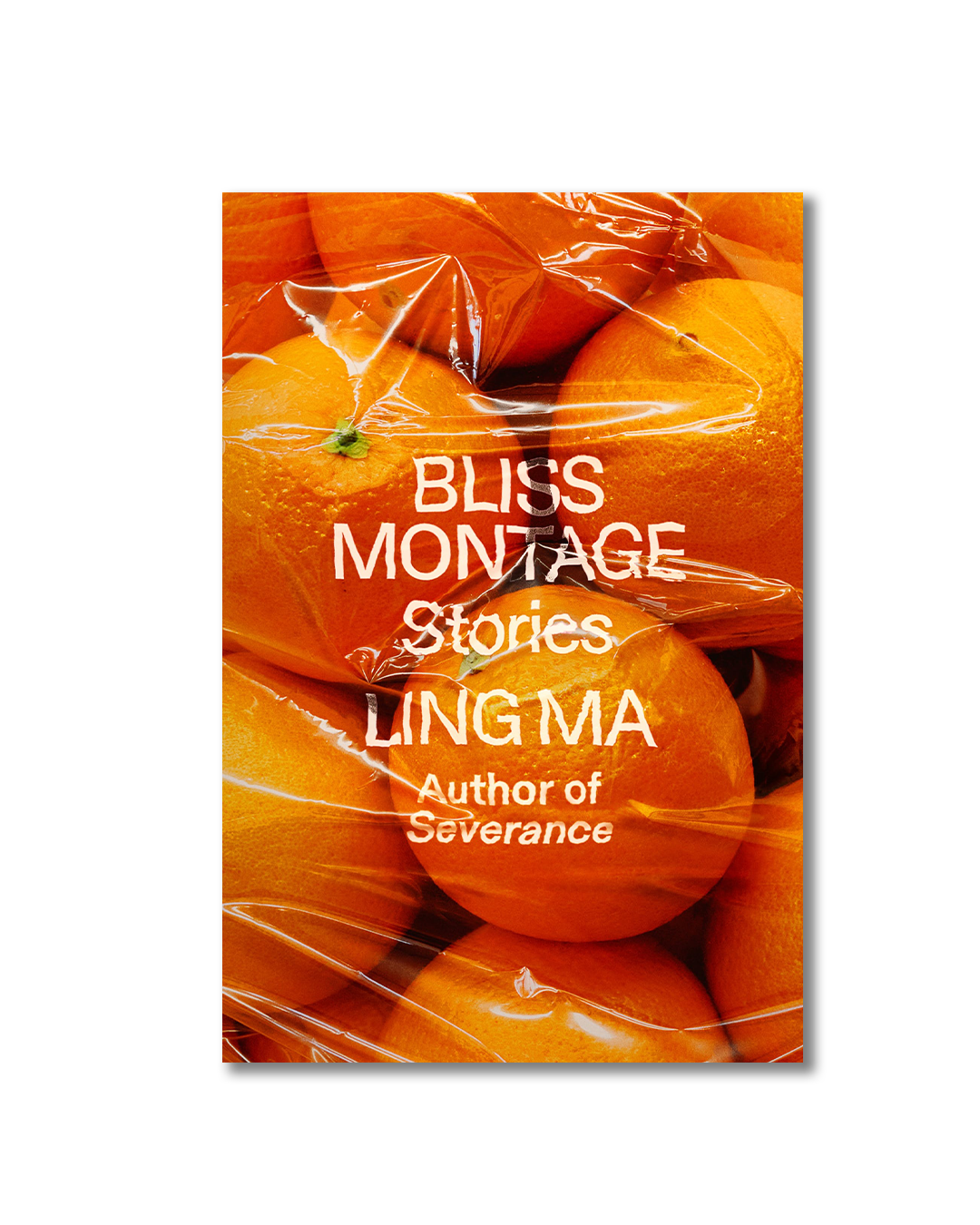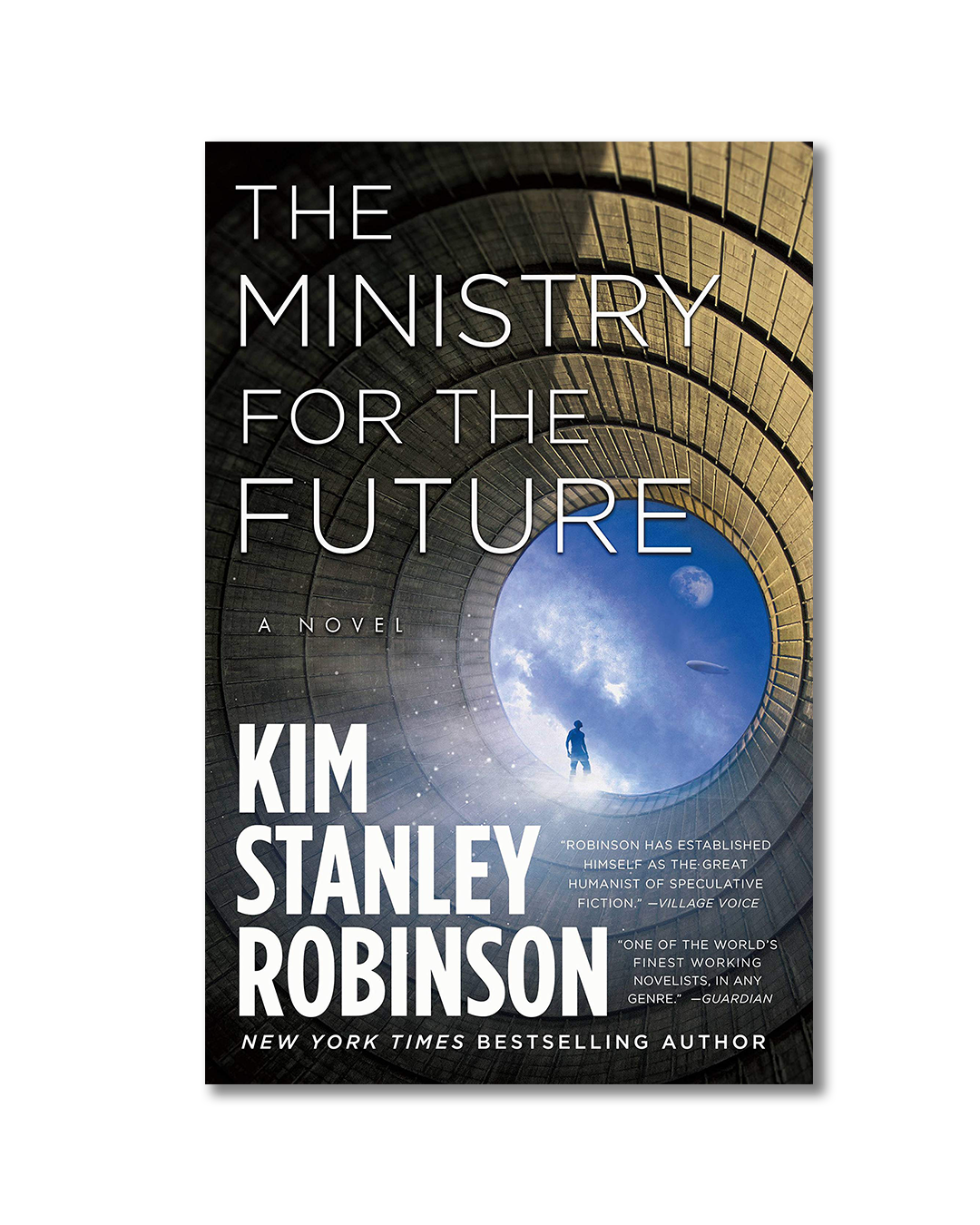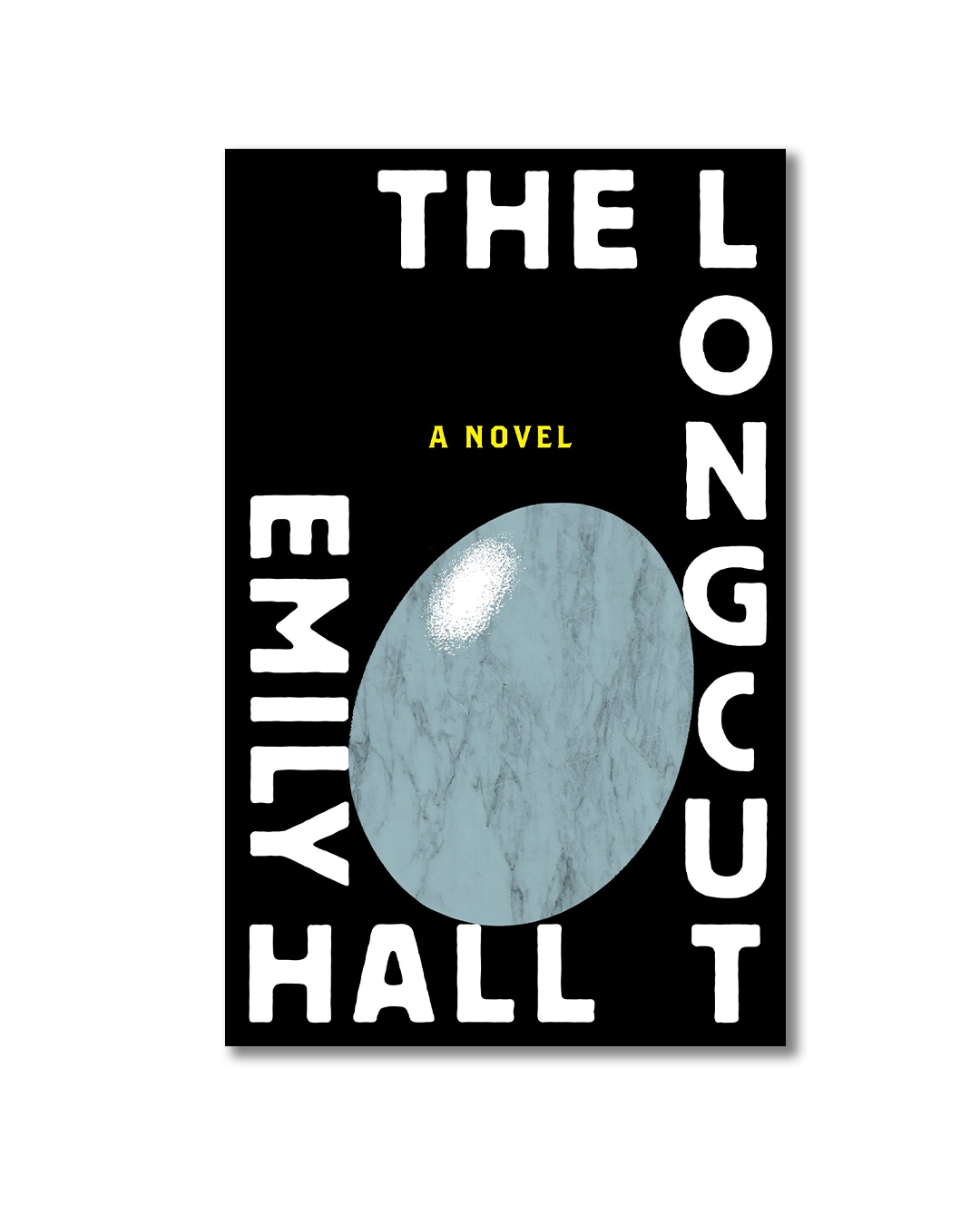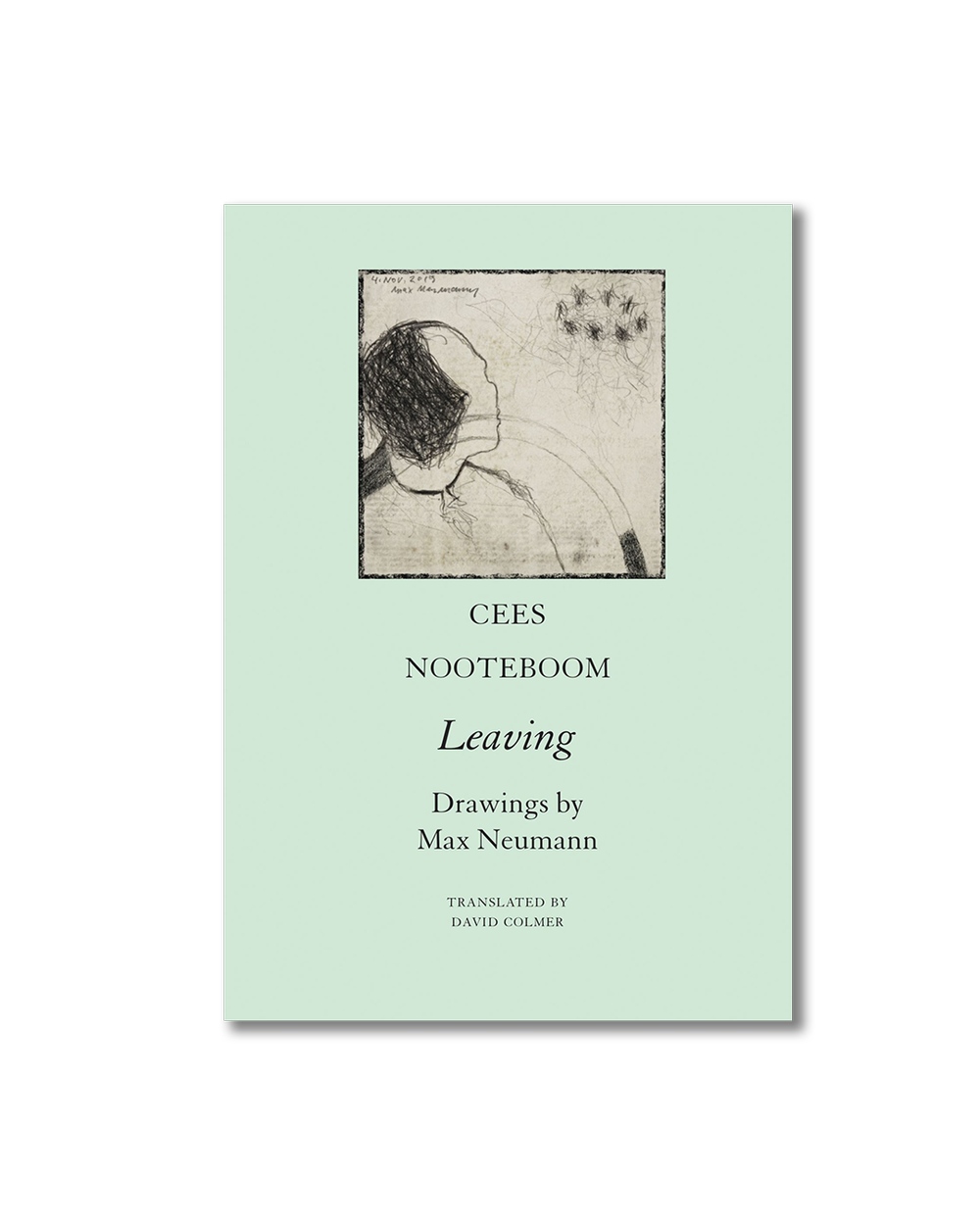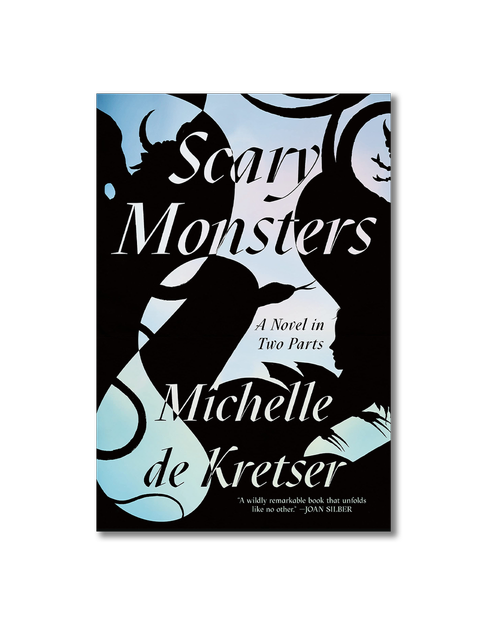Kaleidoscopic Structures: On Ling Ma's "Bliss Montage"
Ma takes these mundane episodes and turns them into dreamscapes of subtly fractured logic and absurd literalism.
Fiction of Our Climate: On Kim Stanley Robinson's "The Ministry for the Future"
Because inequality threatens stability only in certain political systems, and because people can’t agree on morality, inequality by default becomes considered an economic rather than a political or moral problem.
Amor Fati: On Selina Mahmood's "A Pandemic in Residence"
As an Emergency Medicine resident working in NYC’s ERs, for me, fear is no longer the dominant emotion that COVID provokes.
Meaning at All: On Emily Hall's "The Longcut"
The resilience needed to seek instead of believe, an author imbibing the world and the self openly, this is what impresses most in Hall’s debut.
A Light Artist
The ambulatory novel—positioned as it is between the flaneurial and the loco-descriptive—is generally a solitary affair.
The Best Pieces from Different Skeletons
Of the five million people who walk through the doors of the American Museum of Natural History each year (pre-pandemic figure), few probably give much thought to Kansas.
Excavating Memories: On Suzanne Roberts’ “Animal Bodies”
“The essay is a transgression,” begins Suzanne Roberts’s collection of personal essays, Animal Bodies.
People, Power, Property: On Henri Lefebvre’s “On the Rural”
Agronomists study the quality of soil: its water retention, mineral and nutrient content, the presence or absence of chemicals.
Minding the Mindless: On Jordan Castro's "The Novelist"
In the early days of the COVID-19 pandemic, Twitter was very excited to share that, under his own quarantine during the bubonic plague, Shakespeare wrote King Lear.
"Next stop Armageddon": On Cees Nooteboom's "Leaving"
The English edition of Leaving: A Poem from the Time of the Virus, originally published in Dutch, is a collaboration between the poet Cees Nooteboom, the translator David Colmer, and the visual artist Max Neuman.
To Articulate that Confusion: On Brad Listi's "Be Brief and Tell Them Everything"
Brad Listi’s novel about a guy named Brad Listi writing a novel opens with a confession: “This book took twelve years to write.”
Still Experiencing the Reverberations: On Kevin Boyle's "The Shattering" & Michael Schumacher's "The Contest"
Any nonfiction writer who undertakes to describe the past always face a preliminary methodological question: How to slice the pie.
Mother Tongues: On Yoko Tawada's "Scattered All Over the Earth" & Jessica Au's "Cold Enough for Snow"
Two new books revolve around one place.
It Does Not Give Answers: On Caren Beilin's "Revenge of the Scapegoat"
Caren Beilin’s Revenge of the Scapegoat is a book about desire, community, and family—but mostly it is story about pain and what we do with it.
Each a Mirror of the Other: On Michelle de Kretser's "Scary Monsters"
Scary Monsters by Australian author Michelle de Kretser begins with a choice. Not a character’s choice, but the reader’s: from which of the two front covers will you begin?
Girlhood's Collective Trauma: On Rochelle Hurt's "The J Girls: A Reality Show"
Part poetry, part (screen)play, Rochelle Hurt’s The J Girls: A Reality Show, winner of the 2021 Blue Light Book Prize, interrogates the collective trauma of women coming of age.
Fiction of Our Climate: On Imbolo Mbue's "How Beautiful We Were"
“But these Americans, with their abundance of knowledge, how can they be powerless too?”
Systems Lack the Language: On Alia Trabucco Zerán’s “When Women Kill”
When Chilean novelist and scholar Alia Trabucco Zerán describes her latest research project, “men and women alike furrow their brows, wince, and then nod their heads in approval of my decision to tackle such a pressing, awful, and all-too-common problem in Latin America.”

